
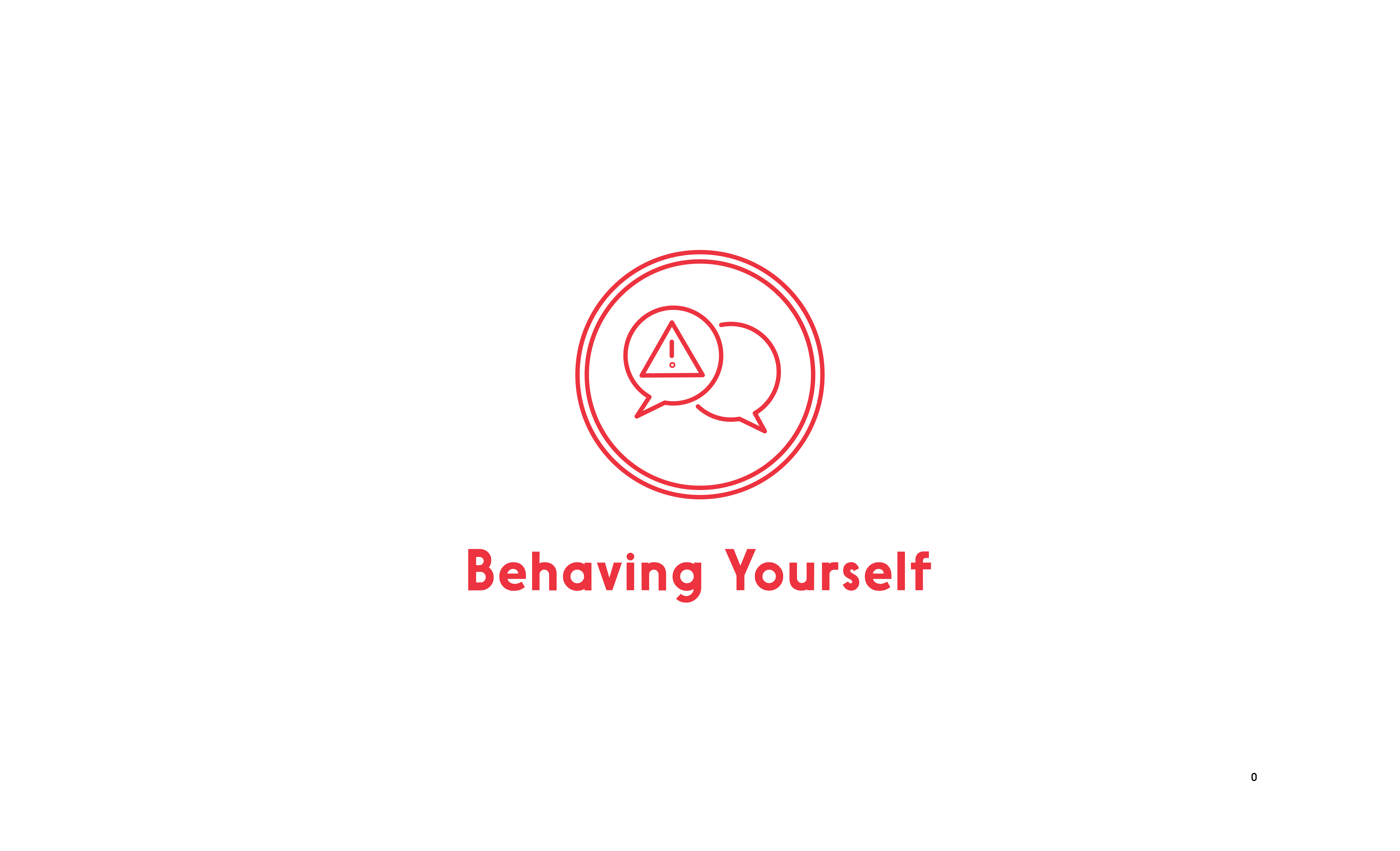 /
/Behaving Yourself
Your disclosure online affects your security, privacy as well as the security and privacy of others. Some care and consideration reduce the risk of harm.
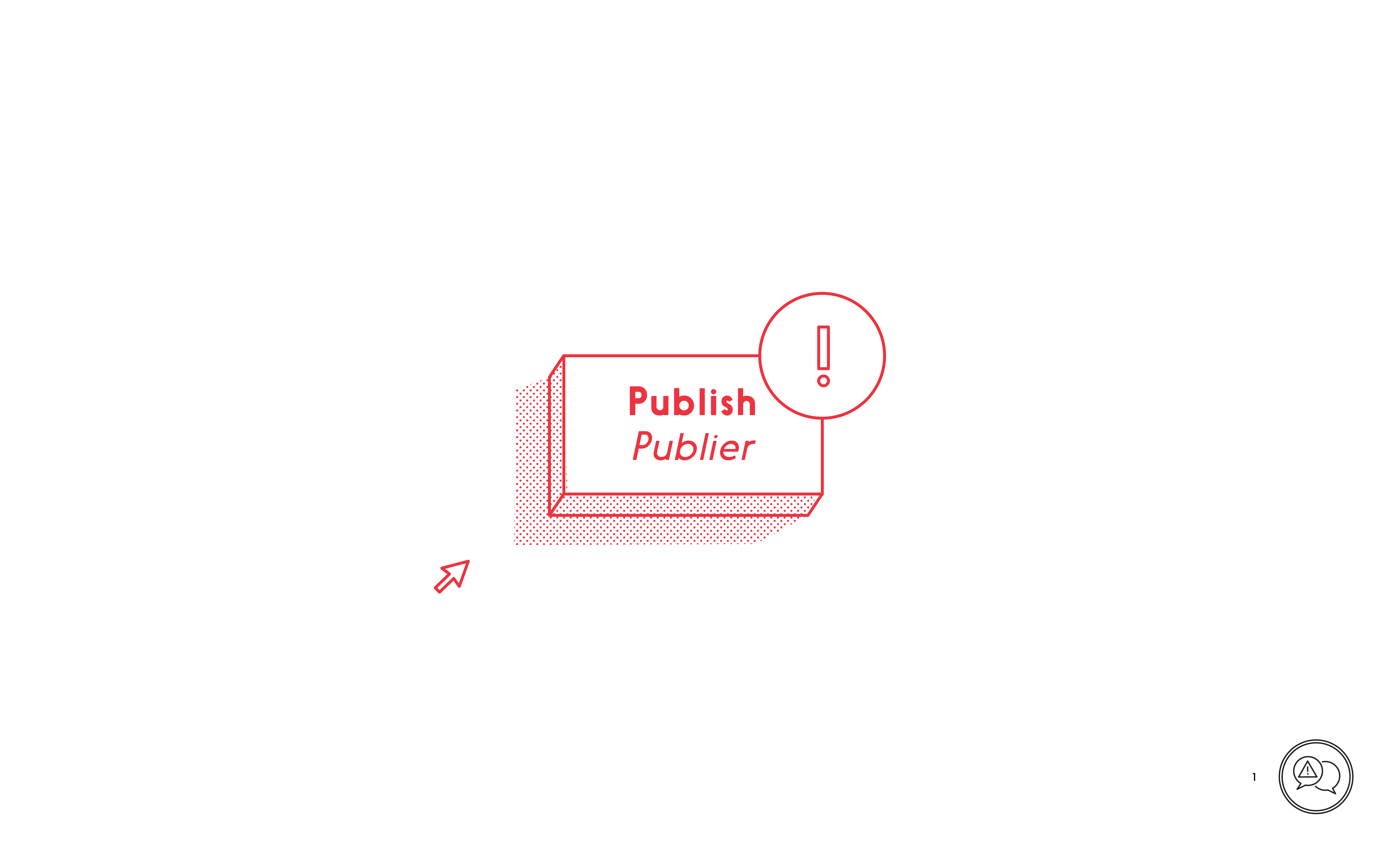 /
/Sharing with the World
We can express ourselves freely online. However, we should be considerate when sharing in public and semi-private.
 /
/Personal Relationships Online
Internet technology provides new ways of sharing intimately. There are some new risks with intimacy online that you should consider first.
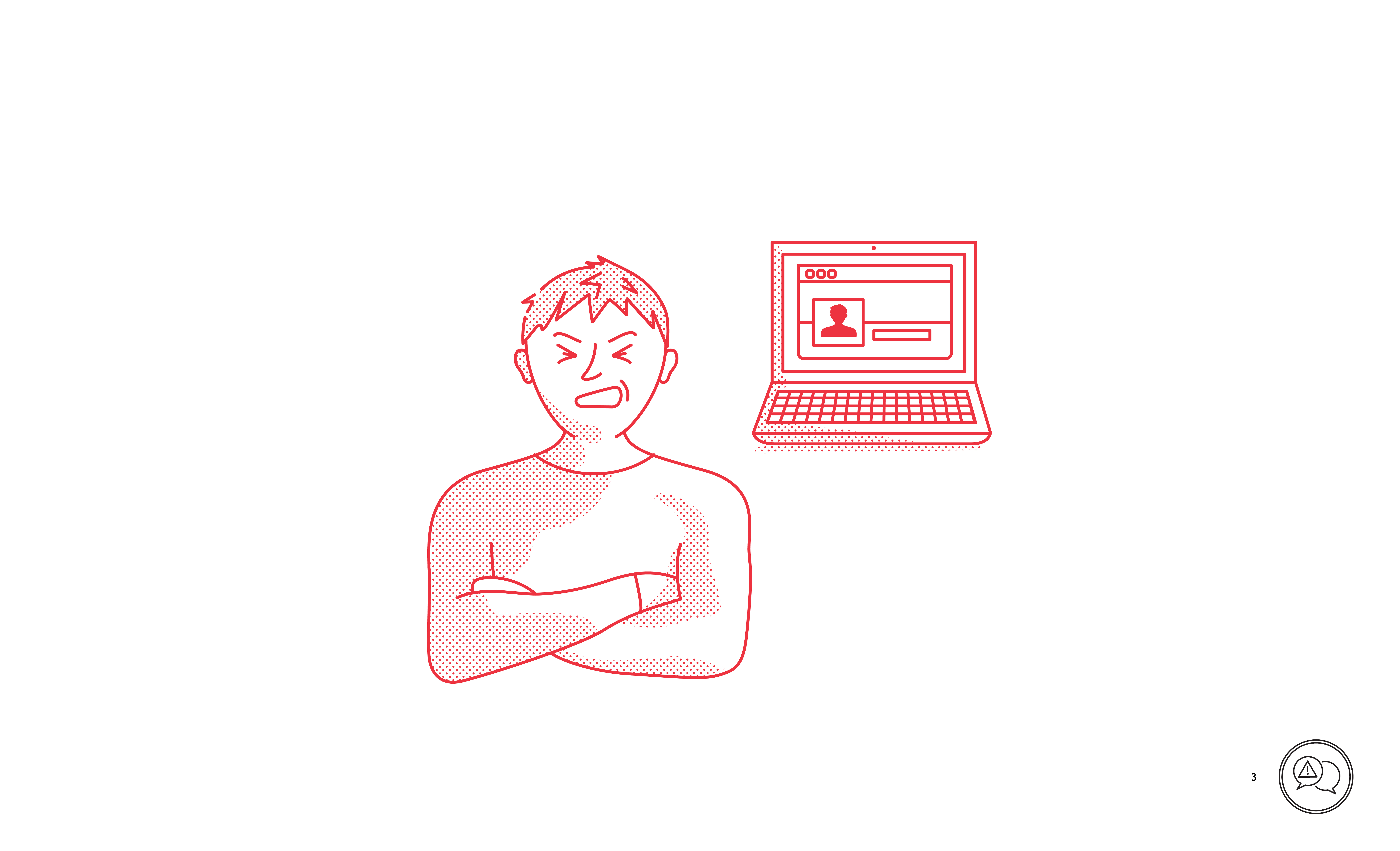 /
/Social Networks
Social networks allow us to share in a public or semi-private way. They are an easy way to stay in touch but socializing online does present new risks.
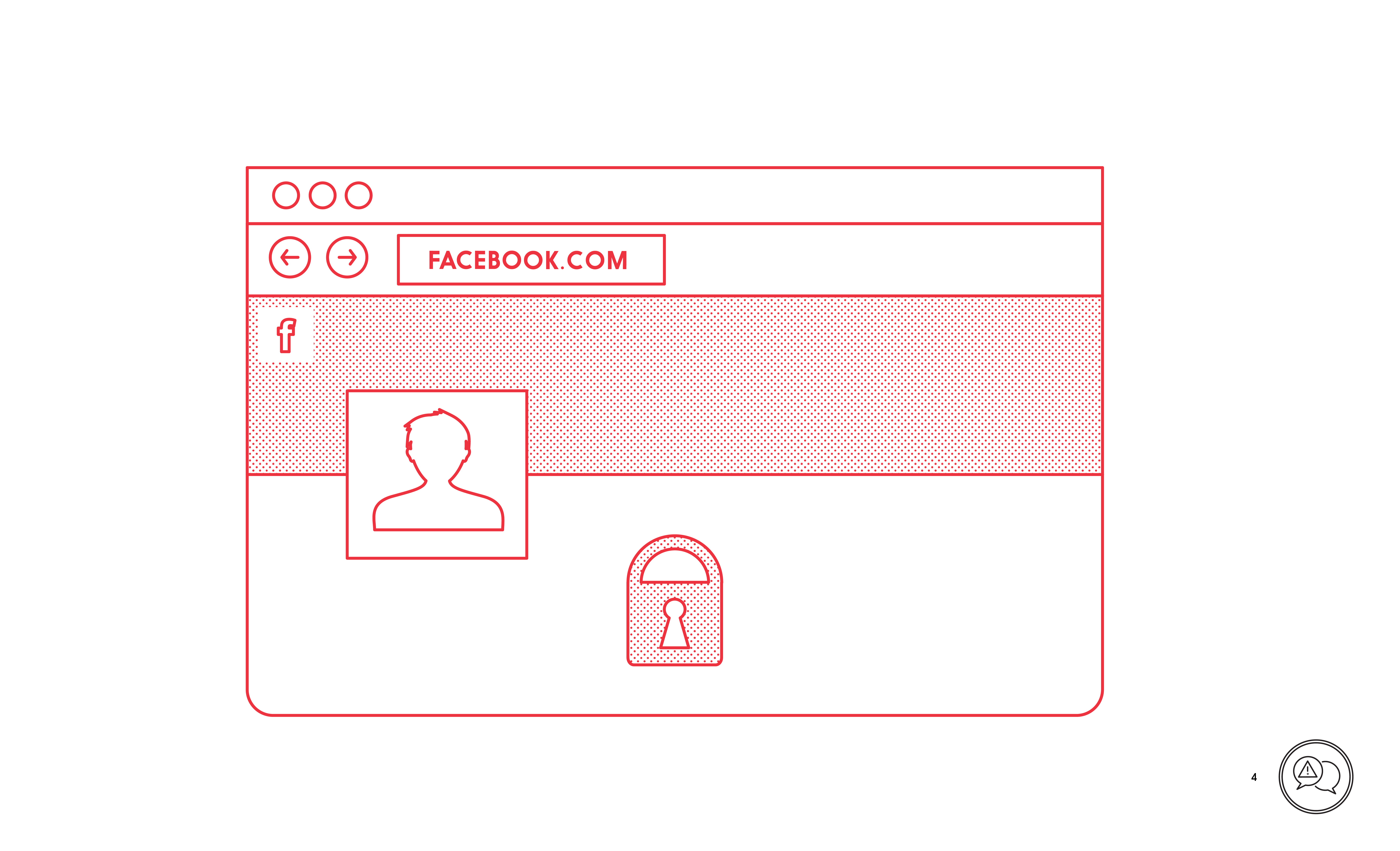 /
/Setting Privacy on Social Networks
Facebook provides controls over the privacy of your profile and interactions. The exact function of these controls is difficult to understand. Managing these settings can be time-consuming—but it is important.
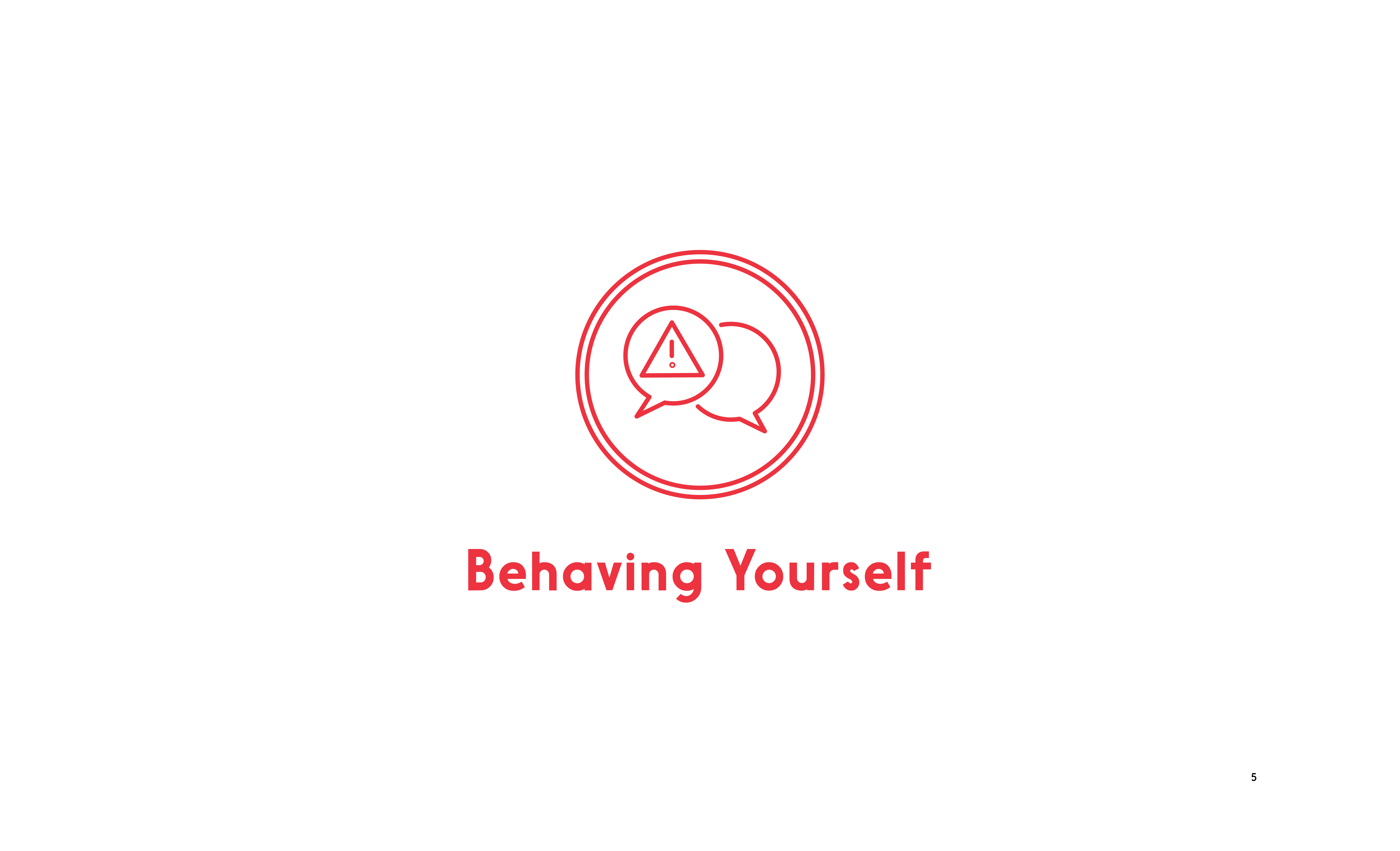 /
/Behaving Yourself
Your disclosure online affects your security, privacy as well as the security and privacy of others. Some care and consideration reduce the risk of harm.
-

Behaving yourself
How much did you learn about behaving yourself on the Internet?
Test your knowledge and earn your badge to share
START THE QUIZ
- 1/2
Venting frustrations online:
Makes a real difference in the world
Makes you feel better
Is protected by the 2nd amendment to the constitution
Generally makes you and everyone else feel worse and can lead to legal trouble
next question
- 1/2
You should be careful when sharing on the Internet:
To present only the best version of everything that happened
Not to say what you feel or think openly
To be considerate for your audience in how you share
To be the first one to make a comment
next question
- 1/2
Secretly forwarding an intimate image to a friend:
Is hilarious
Is not ok. It is harmful and illegal
Is ok if you use encryption
Would never result in the image being online
next question
- 1/2
If you are in or see an intimate picture of someone underage you automatically have broken the law and will be arrested.
True
False
next question
- 1/2
Social networks can cause subtle forms of harm by:
Being a source of irritation because of inappropriate or annoying content, like spam email
Becoming a time-consuming social obligation
Leading to feelings of lacking control over privacy where the privacy settings are not able to match expectations
All of the above
next question
-
Behaving yourself
your results
/100Congratulations, you earned your badge!
Share on Facebook
Show the answers
Hide the answers
You are on the right track. Some points need to be clarified. Please review the module and try again.
Restart the quiz
1-Venting frustrations online:
Makes a real difference in the world
Makes you feel better
Is protected by the 2nd amendment to the constitution
Generally makes you and everyone else feel worse and can lead to legal trouble
The emotional release of venting frustrations online generally turns to regret, as the outburst is permanently recorded. It pays to read your comment aloud before pressing ‘Send’ to see if it sounds polite and constructive.
2-You should be careful when sharing on the Internet:
To present only the best version of everything that happened
Not to say what you feel or think openly
To be considerate for your audience in how you share
To be the first one to make a comment
Providing very personal details or even exhaustive updates on the details of your daily routine could cause discomfort or wear on relationships with friends and family. Everyone has different ideas about privacy. It may reveal more than you intend or be revealed to more people than you intend.
3-Secretly forwarding an intimate image to a friend:
Is hilarious
Is not ok. It is harmful and illegal
Is ok if you use encryption
Would never result in the image being online
Forwarding intimate images without consent is never ok. It is harmful to the person, to the relationship, increases the risk of the images ending up online and is illegal in Canada.
4-If you are in or see an intimate picture of someone underage you automatically have broken the law and will be arrested.
True
False
Neither you, the person in the image, nor the person who made the image is necessarily guilty of a crime. There is help available. It is possible to seek the support of parents, teachers and even the police.
5-Social networks can cause subtle forms of harm by:
Being a source of irritation because of inappropriate or annoying content, like spam email
Becoming a time-consuming social obligation
Leading to feelings of lacking control over privacy where the privacy settings are not able to match expectations
All of the above
Feeling obligated to constantly check updates. Constantly expose you to irritating and annoying content and feelings of not being able to control your privacy
Cheat Sheet
Sharing with the world
We can express ourselves freely online. However, we should be considerate when sharing in public and semi-private.
DO think carefully about others before sharing online.
DO consider the privacy of others.
DO be conscious of how much you are sharing.
Personal relationships online
Internet technology provides new ways of sharing intimately. There are some new risks with intimacy online that you should consider first.
DO talk in person about sexting with your partner before you try it.
DO seek independently-verified encryption software for your communications, and know there are still risks.
DO keep intimate images private. Forwarding to others is not acceptable. DO seek counsel if you receive images of others without their consent.
Social networks
Social networks allow us to share in a public or semi-private way. They are an easy way to stay in touch but socializing online does present new risks.
DO think before you click on social media posts.
DO be aware that social media can be cause of conflict.
Setting privacy on social networks
Facebook provides controls over the privacy of your profile and interactions. The exact function of these controls is difficult to understand. Managing these settings can be time-consuming—but it is important.
DO take the time to manage your privacy settings on Facebook.
Glossary of Terms
Defamation
Communication that lowers the estimation of a person by a reasonable person (hurts their reputation).
Encryption
A process of converting information to a form unreadable to untrusted parties that still contains the original information and is able to be read by the intended recipient.
‘End-to-end’ encryption
The message in encrypted at your device and stays encrypted until it reaches its destination.
Facebook
One of the most popular social media sites in the world.
Facebook Official (FBO)
Common saying expressing when two people in a romantic relationship decide to publicize their relationship on Facebook.
Geographical tags
Information on a photo or a post that reveals the content’s geographical location.
Libel
Defamation on a permanent record, such as a web page.
Malware
Software designed primarily for a malicious purpose.
News Feed
Where Facebook “posts” from other users are accumulated and can be interacted with.
Phishing
Emails, calls or other communication designed to trick you to give away personal information or passwords.
Post
A Facebook entry with a certain level of visibility assigned to it.
Profile
A virtual representation of oneself, such as a Facebook profile with personal information.
Selfie
A photo of oneself by oneself, generally for the purpose of posting online.
Sexting
Combination of “sex” and “texting”: sending intimate images or text through a messaging service.
Social Media
A service designed to provide tools for socializing with others across the Internet.
Social Networking Service/Media
Internet services to find, connect and share content with other users.
Spam
Unsolicited and annoying email.
Tag
An identifying attribute given to a piece of information, such as putting a name to a face in an image.
Timeline
One’s own personal space on Facebook where their profile is situated along with their identifying information.
References and Additional Resources
Download SERENE-RISC printable material
Trainers
Trainer Resource – Behaving Yourself (PDF)
Lesson Plan – Behaving Yourself (PDF)
Lesson Script – Behaving Yourself (PDF)
Handout Sheet Answer Key – Behaving Yourself (PDF)
Resource Sheet – Behaving Yourself (PDF)
Students
Cheat Sheet – Behaving Yourself (PDF)
Handout Sheet – Behaving Yourself (PDF)
Handout Sheet Answer Key – Behaving Yourself (PDF)
Resource Sheet – Behaving Yourself (PDF)
Download all the materials for the module “Behaving Yourself” (PDF)
Additional resources
External Links
Encrypting Windows 10
Creating an Encrypted Disk Image, OS X
https://support.apple.com/en-us/HT201599
Sexting and the law
http://org.kidshelpphone.ca/guest-blog-sexting-and-the-law-in-canada-by-dr-andrea-slane/
Understanding Internet Usage and Children
http://www.bewebaware.ca/english/default.html
Understanding hate speech laws
http://www.lawnow.org/whatcott-case-balancing-free-speech-social-harmony/
Learning to Hate: An Anti-Hate Comic Project
http://projectsomeone.ca/antihatecomicproject